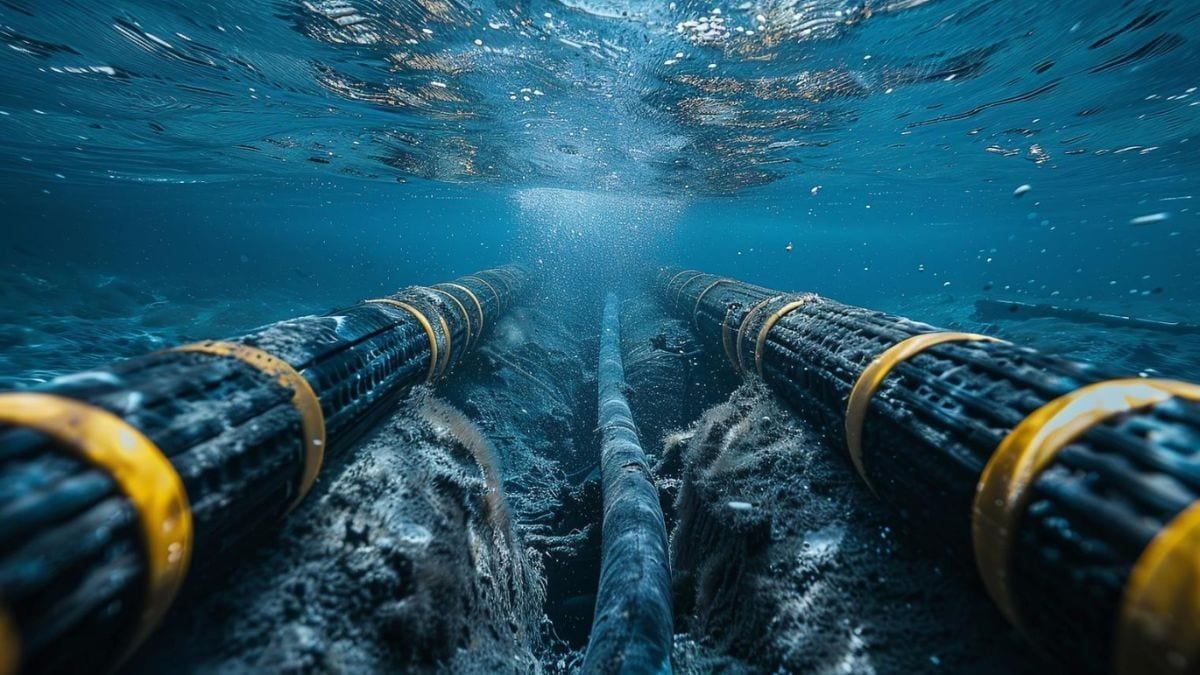Denmark will spend about 4 billion crowns ($614 million) on building and procuring 26 navy vessels for patrolling, oil spill response and surveillance of undersea cables, Defence Minister Troels Lund Poulsen said on Tuesday.read more
Denmark will invest about 4 billion crowns ($614 million) to build and procure 26 navy vessels for patrols, oil spill response and undersea cable surveillance, Defence Minister Troels Lund Poulsen said on Tuesday.
The move comes as Baltic Sea nations remain on high alert following a series of outages affecting power cables, telecom links and gas pipelines since Russia’s invasion of Ukraine in 2022. The incidents, including the sabotage of the Nord Stream gas pipelines, have raised regional security concerns. Russia has denied any involvement in the disruptions.
The NATO alliance has strengthened its surveillance and deterrence in the region with the deployment of frigates, aircraft and naval drones. One growing concern is the so-called shadow fleet — vessels used by Russia to transport oil, weapons and grains in defiance of international sanctions.
”The threats we face at sea today are different and far more serious than just a few years ago. In particular, we need to respond to a threatening Russia, while technological development is moving at lightning speed,” Poulsen said in a statement.
”With the agreement on the naval plan, we are initiating several urgent procurements that are the first step in enabling Danish maritime defence to counter a wider range of threats.”
After more than a decade of drastic cuts in defence spending, Denmark last year allocated 190 billion Danish crowns for its military over a 10-year period.
The Nordic country is primarily aiming to protect submarine cables and pipelines for energy production and transmission, and to boost protection against potential threats to the marine environment in Danish waters from the Russian shadow fleet.
In addition to the 26 vessels, Denmark will acquire drones and sonar systems, which can monitor and identify unwanted underwater activity, the ministry said.
The government said it was aiming for many of the vessels to be built in Denmark, including in cooperation with its NATO allies, but provided no further details.
With inputs from agencies
